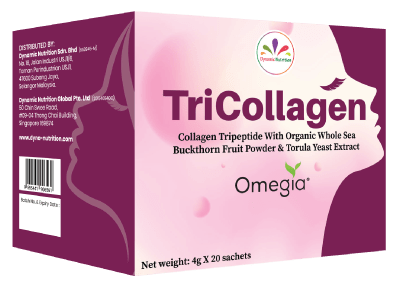
Whenever we hear the word “fat”, we immediately get uneasy about what we may be putting into our bodies. However, the “omegas” are a set of fatty acids quite essential to our bodily processes and overall physical health. Omega-3, 6, 7, and 9 each have their own responsibilities within the body. It is important to maintain an effective ratio of these omega intakes in order to reap the most benefits from them, as well as to prevent deficiencies and excesses.\
Omega-3
Omega-3 could be considered the alpha omega for all of its important functions and benefits. In addition to enhancing brain and joint function, these fatty acids reduce risks of cancer, heart disease, and diabetes, as well as provide benefits related to fat-loss and muscle-building in athletes. And those are just the extras. Omega-3 is primarily responsible for controlling the body’s blood clotting and building the brain’s cellular membranes.
Omega-6
Just like omega-3, omega-6 is also not naturally produced by the body and is therefore an essential fatty acid we must consume through our diets. Omega-6 works primarily to regulate normal brain functioning and the body’s growth and development. In addition to these responsibilities, omega-6 provides additional benefits to the body by helping to stimulate hair and skin growth, regulate metabolism, and maintain healthy bones and a healthy reproductive system.
Omega-7
Though not the last number in the group of omegas, omega-7 has only recently been brought to the light of discovery as researchers determine its benefits and sources. This fatty acid can be found in foods like macadamia nuts and a fruit called sea buckthorn, but it is also produced naturally within the body. One important thing scientists have discovered about omega-7 is its placement in foods containing palmitic acid, one of the most heart-damaging fats we can consume. Omega-7 works against that palmitic acid by providing oppositional benefits – it reduces inflammation and insulin resistance where palmitic acid increases it. Because the amount of research done on the effects of omega-7 on humans, the information available on the topic is sparse but positive.
Omega-9
Finally, the last of the omegas is omega-9. This fatty acid benefits the body by reducing inflammation, much like omega-3, helping to improve joint health and healing, as well as prevent a variety of diseases. The convenient part of this omega is that the body produces omega-9 without any interference from us, so we don’t have to worry too much about keeping tabs on our intake of it.














Facebook Comments